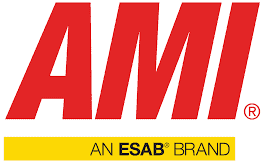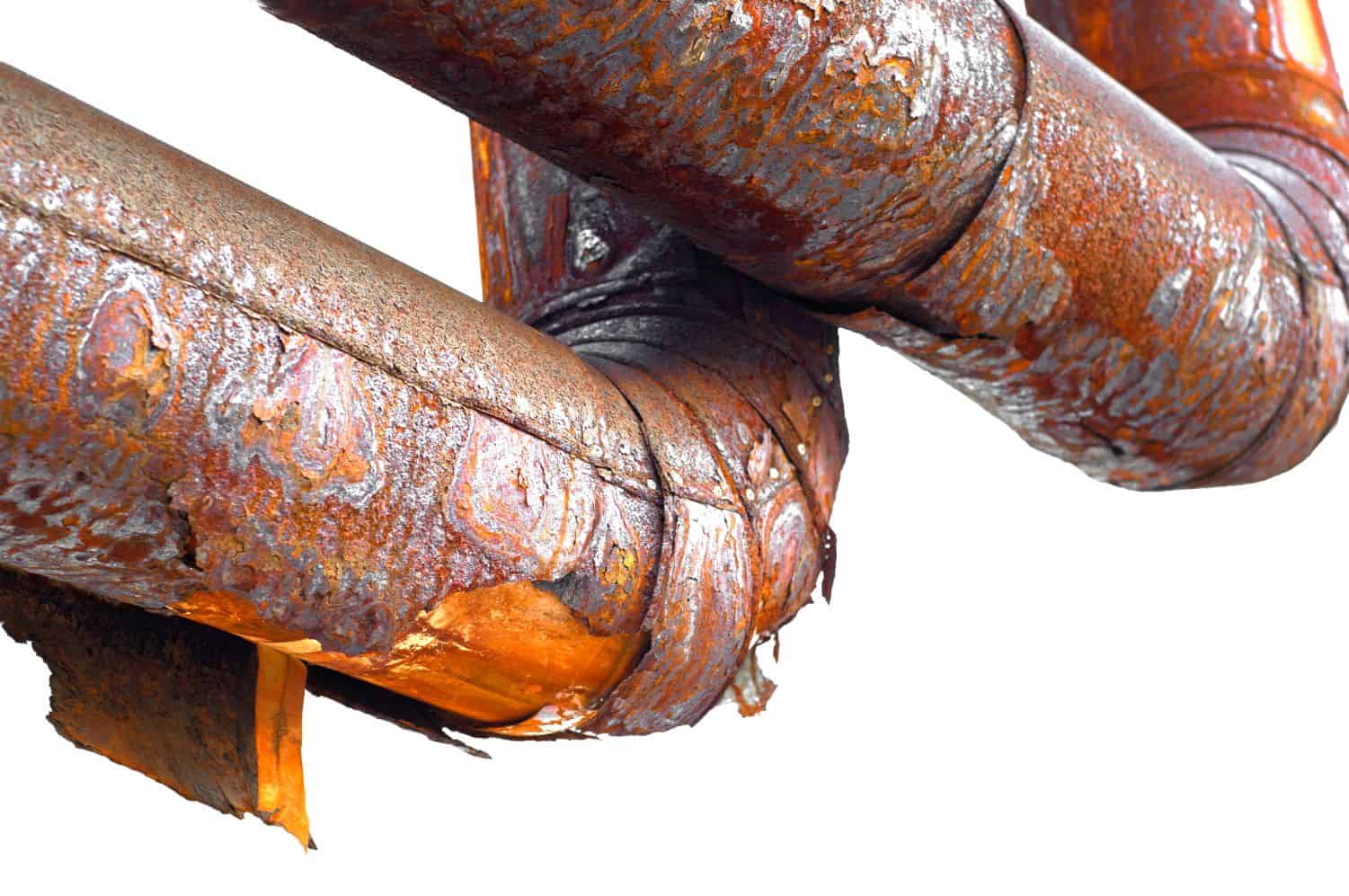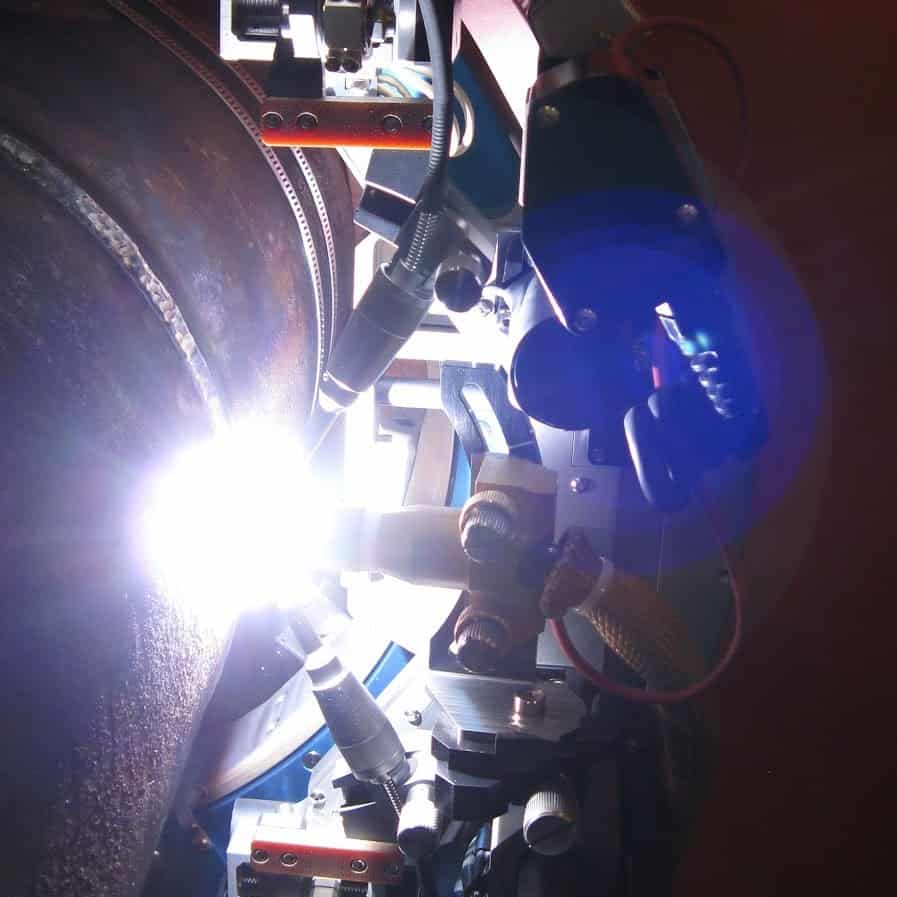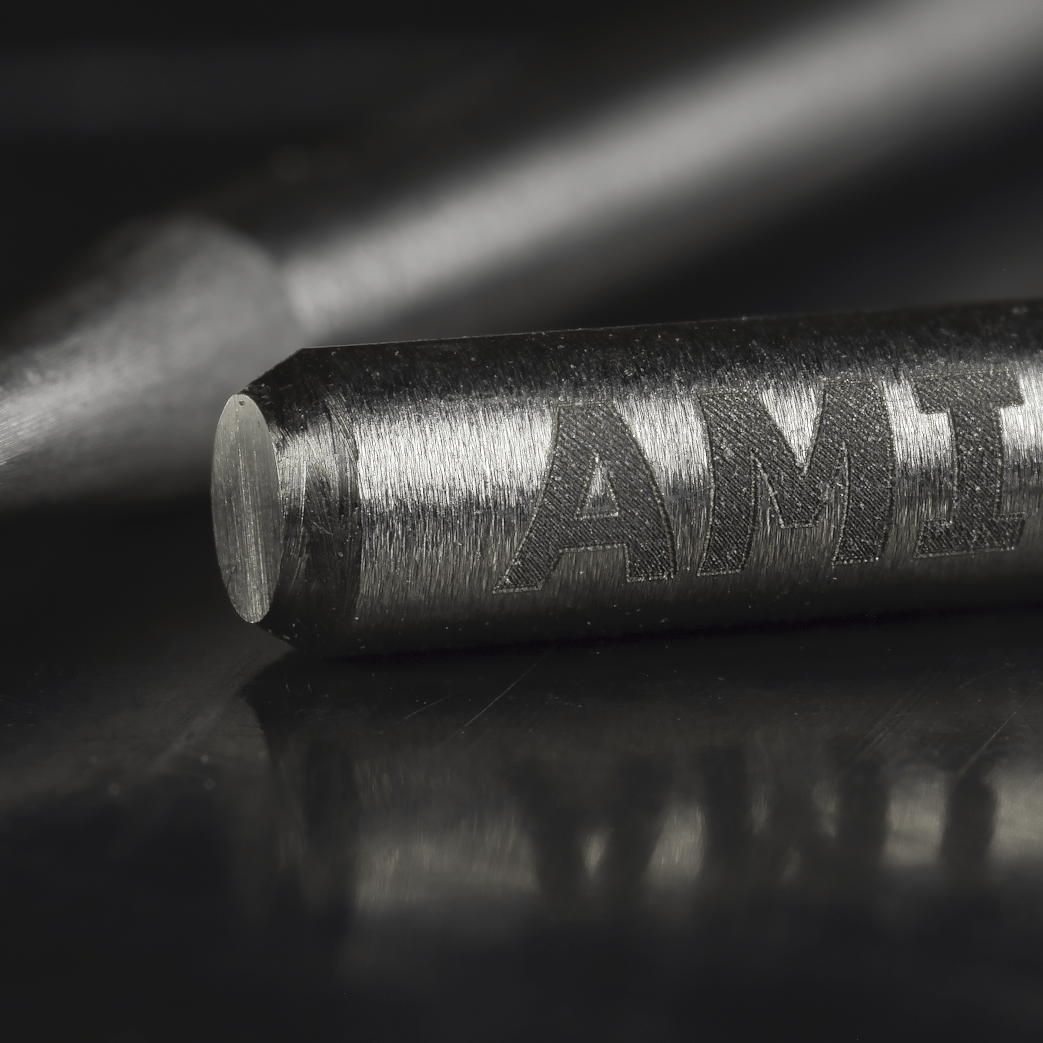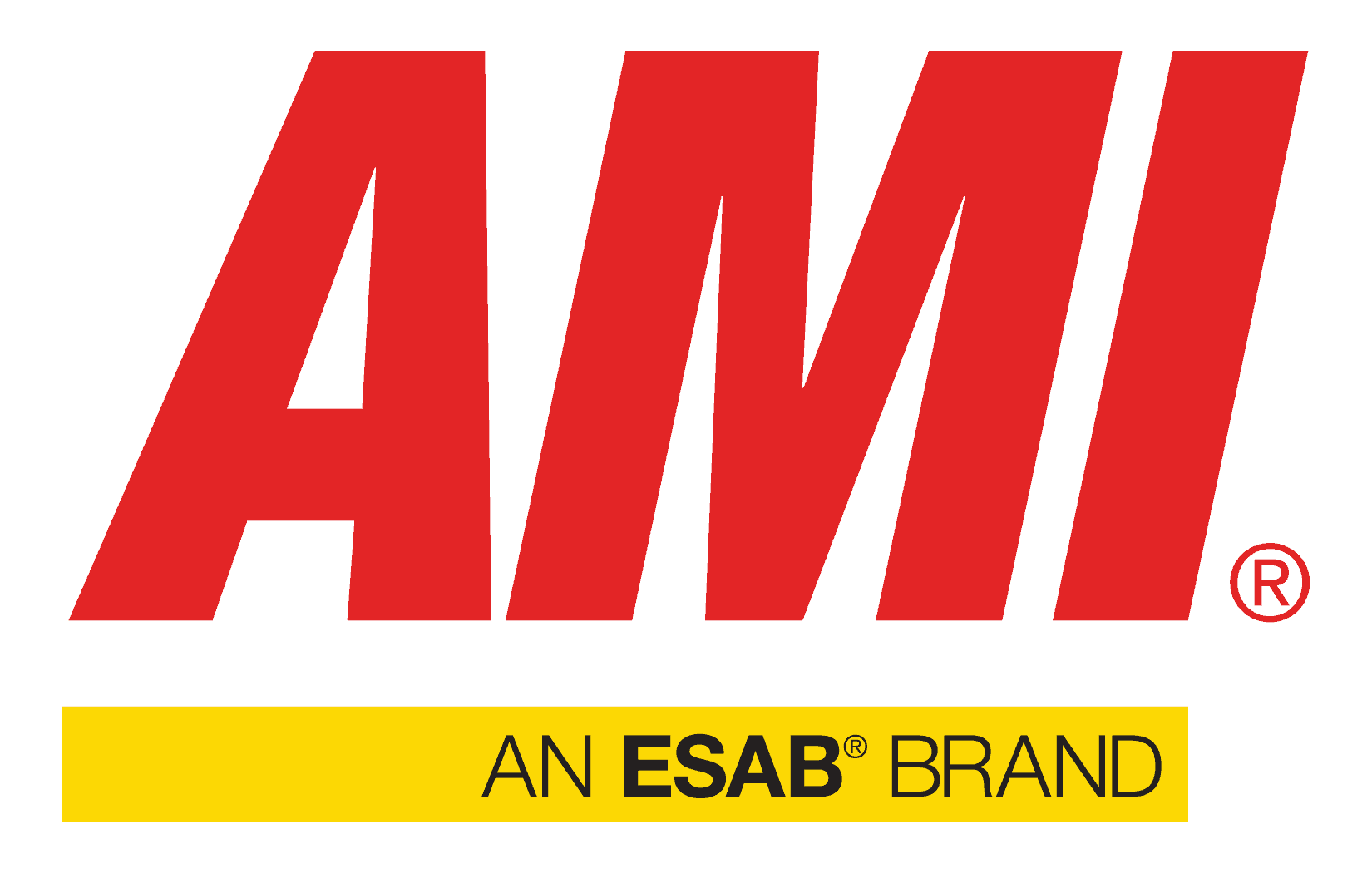Some metals contain physical properties that make them fundamental components across a wide variety of industries. These include industrial factories, food processing facilities, energy generation plants, ships, and aviation platforms. Ironically, the same attractive metallic properties can also undermine the strength and resiliency of piping systems used in these industries.
Undoubtedly, material degradation—caused by exposure to the elements, excessive heat or pressure, or gradual wearing due to the toxicity of transported chemicals—is the most common problem for welded pipes and tubes. This premature failure of piping systems is never acceptable and, in some cases, can be catastrophic.
However, by applying the best welding process and using advanced equipment and materials from Arc Machines, Inc (AMI), you can address the most common metallurgical problems and confidently assemble reliable systems.
